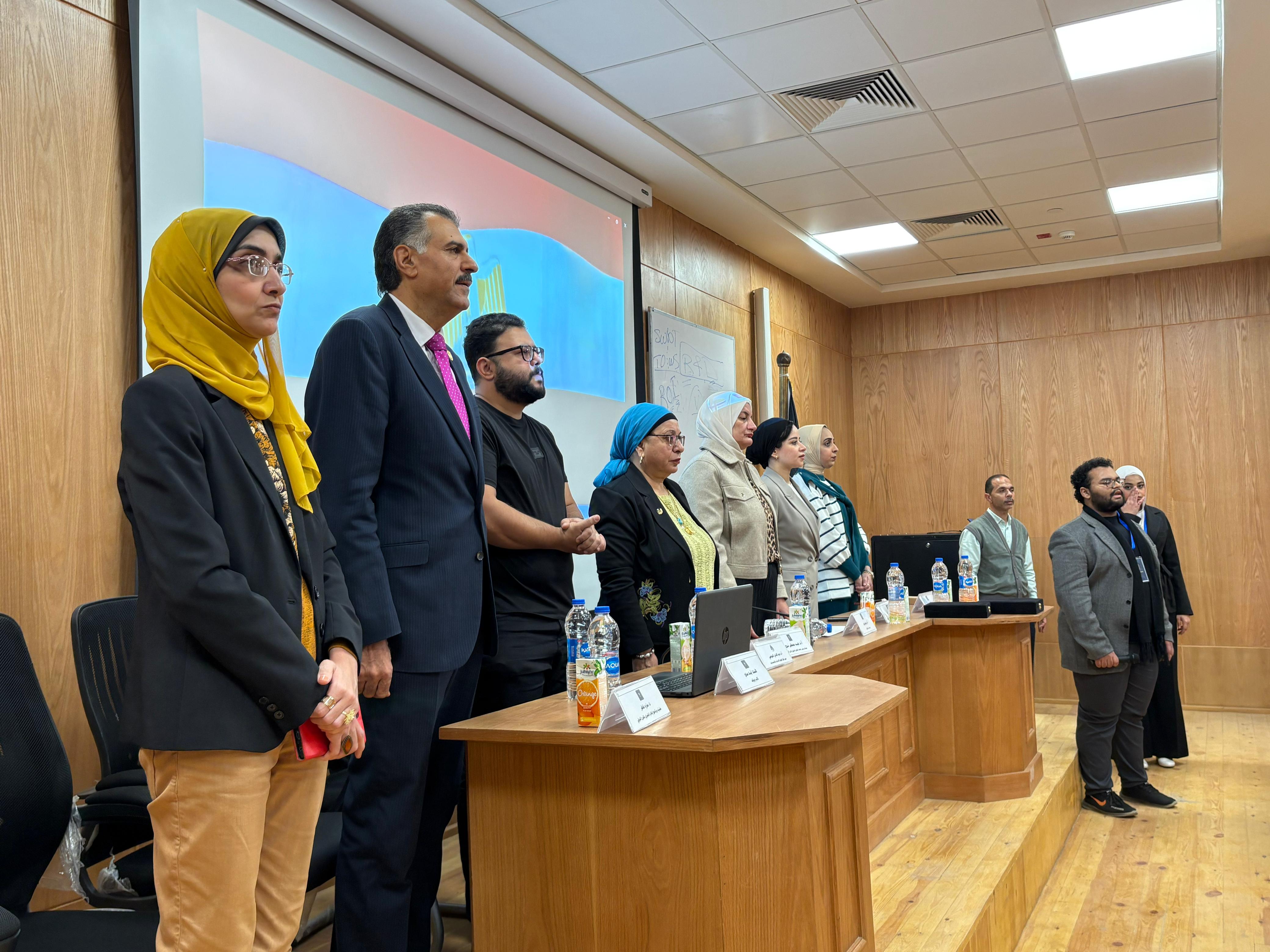ChatGPT vs. Google: The battle for the Future of AI and Information Retrieval
 close
close
![]()


By: Salman El-Ramly
The emergence of the Internet has revolutionized the way we access information. From search engines to social media, we have a plethora of options for finding and sharing information. But what if there were a way to get even more accurate and personalized results? Could AI models like ChatGPT completely replace traditional search engines?
Generative Pre-trained Transformers (GPTs) are a type of artificial intelligence that can generate human-like text. These transformers are capable of understanding natural language and producing results in response to questions or commands. GPTs use a combination of machine learning algorithms, such as deep learning and natural language processing, to generate text that is similar to how humans write.
The most notable example of this technology is ChatGPT – a pre-trained transformer developed by OpenAI in 2018 and designed for use in conversational contexts, such as chatbots and virtual assistants. It works by taking in a large corpus of text, such as books or articles, and uses this data to "learn" how to generate new text based on what it has read. GPTs are trained using transfer learning, which means they can take knowledge from one task and apply it to another. For instance, a GPT trained on books could be used to generate conversations about politics or sports without needing any additional training data. This makes them particularly well-suited for tasks such as question answering and summarization.
At first glance, it may seem like GPTs and traditional search engines have nothing in common; however, there are some similarities between them. Both types of technology use natural language processing to understand user input and return relevant results. The main difference between them is that while search engines use algorithms to find webpages related to user queries, GPTs use artificial intelligence models to generate text from prompts. GPTs are trained on large datasets of text and can generate new text based on the input they receive. This means that they can be used to create content such as articles, blog posts, and even full stories.
When compared to traditional search engines, GPTs offer several distinct advantages. For starters, their deep learning capabilities enable them to better understand natural language queries, allowing users to ask more complex questions and get more accurate results. Furthermore, due to their improved understanding of natural language queries, GPTs are able to provide answers that are more specific and detailed than those provided by traditional search engines.
.
GPTs are also able to generate more natural-sounding results than search engine algorithms since they take context and other factors into account when generating output. This means that the answers provided by GPTs are more likely to be relevant to the user`s query. Additionally, GPTs can also generate summaries from longer documents or articles which can be useful for quickly getting an overview of a topic without having to read through the entire document.
On the other hand, there are also some drawbacks associated with GPTs when compared to traditional search engines. For example, while GPTs may be able to generate summaries from longer documents or articles, these summaries may not always capture all of the important information found in the original document due to their reliance on machine learning algorithms which may not always understand all of the nuances of human language.
Another disadvantage of GPTs is that they require a significant amount of data and resources to train and improve, which can make them slow when learning new information or responding accurately to queries. Additionally, while GPTs are capable of understanding complex queries, their reliance on deep learning algorithms may result in inaccurate results due to errors or bias. As such, it is important for users to be aware of the potential for errors or bias when using GPTs.
While some argue that using GPTs could help reduce online misinformation by providing more accurate results, others point out that it could also lead to an increase in fake news if not properly monitored. This is because GPTs have the ability to generate convincing but false information without referring to external sources for verification. As such, the potential for GPTs to propagate fake news is high, particularly when coupled with the fact that many people are not aware of their own susceptibility to being misled by misinformation.
.
Furthermore, GPTs may also make it easier for malicious actors to spread false information, as they can be used to create convincing content and stories at a much faster rate than traditional methods. It is therefore essential that GPTs are monitored closely and appropriate measures are taken to ensure that they are not used for nefarious purposes.
So could GPTs eventually replace search engines? Given all these factors it’s still too early to determine whether one technology will eventually replace the other. However, it seems likely that both technologies could coexist in different areas depending on one’s need or preference.
While it is true that GPTs offer certain advantages over traditional search engines, these advantages may not be enough to completely replace existing technologies anytime soon. For instance, traditional search engine algorithms will probably remain popular for general web searches due to their accuracy and cost efficiency. On the other hand, GPTs will likely be more popular for tasks such as generating text and answering personalized questions.
All in all, GPTs are advancing rapidly and it’s entirely possible that they could eventually surpass traditional search engines in terms of accuracy and comprehensiveness. If this happens, it could revolutionize how people access information online. For example, instead of having to type in a query into a search engine and then sift through the results for the best answer, users could simply ask a question in natural language and get an accurate response instantly.
Ultimately, GPTs could potentially replace search engines in the future, but there are still a few obstacles to overcome. GPTs are still in the early stages of development and need to be improved in terms of accuracy and speed before they can become a viable alternative to traditional search engines. Additionally, GPTs must be able to handle more complex queries and provide more detailed results. This news technology must be made accessible to all users regardless of their technical knowledge or access to powerful computers. And finally, GPTs must be designed with privacy and security in mind so that user data is not compromised. With these challenges addressed, GPTs could become a powerful tool for searching the internet and may even replace traditional search engines in the future.
.
Reference: https://spect.media/


27-02-2026 Sports

15-02-2026 Faculty of Mass Communication

15-02-2026 Sports

15-02-2026 Sports

23-06-2023 Sports 4173
...
tips from the head of dmc channels group- mr.hesham soliman02-08-2023
video 3411...
Exclusive Interview with the Prominent Host (Eman Ezz Eldin) for EMccu today27-10-2022
video 1256...
Culture of Photos Event Guests` Interviews (Pt.2)01-04-2023
video 1155...
Culture of Photos Event Guests` Interviews (Pt. 1)01-04-2023
video 1040...

27-10-2022
video 3881